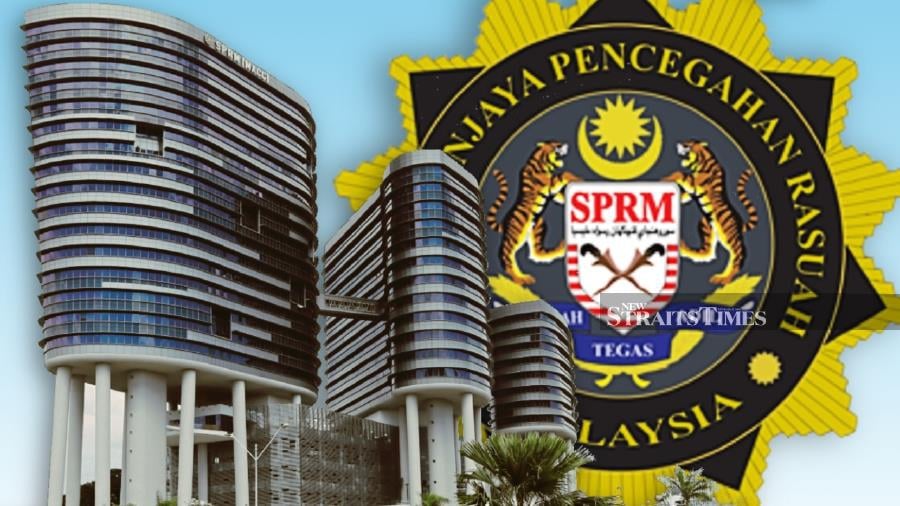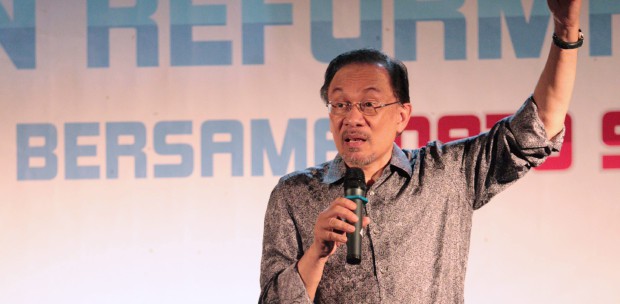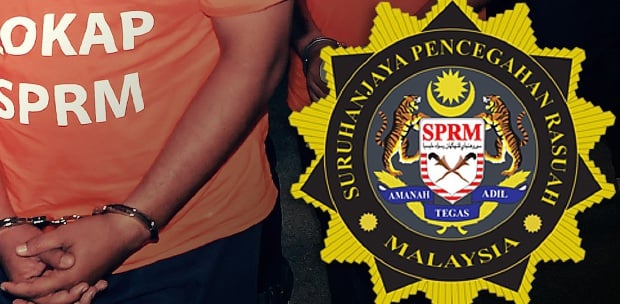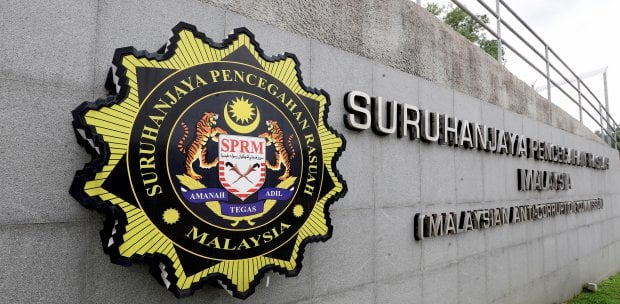SOMETHING is amiss: Datuk Seri Anwar Ibrahim's once-in-a-lifetime jihad to annihilate endemic corruption has been inexplicably greeted with tepidness.
So indifferent was the response to the prime minister's great reformasi struggle that critics and pundits, even allies who once rallied with and sacrificed for the movement, reacted condescendingly to his drive.
They blithely dismissed the Malaysian Anti-Corruption Commission's (MACC) recent indictments of high-profile politicians and corporate figures as Anwar's "campaign to settle scores", "revenge" and "witch-hunt" against his former tormentors. Are they implying that MACC should just slither back into its old cocoon because their skewed probe originated from a "flawed" motive?
Which is ludicrous. Anwar has made good his generational vow to break the dark spell of corruption that paralysed Malaysia for decades.
Why is the response inanely sniffy? The critics must realise that Anwar's motive to unshackle MACC to haul these people to court is irrelevant.
MACC only has to ensure that its charges against the defendants — from the demand to declare and justify asset ownership to sealing of marquee buildings — establish a prima facie case. Here is what's discernible: since 2018, high-profile corruption case defendants, while filing countersuits and deferring to lawyers to argue their innocence in court, have vented an "off–court" strategy, capitalising on public opinion to sow doubt on what is simply a matter of enforcing the rule of law.
Case in point: besides the spectacle of outrage during media conferences at the prime minister's motives, observe the protests and handover of dubious petitions to the palace, participated by sycophants of politicians enmeshed in the graft conspiracy.
Ironically, what's missing are the counter-demonstrations backing the prime minister's courageous initiative. Also ironic: the formidable reformasi agitators of the past are tardy in telling the world that Malaysia is phasing into a golden epoch of reformation.
If prosecuting and convicting the perpetrators are not the reformation they hankered, then we don't know what is. Either their street-fighting years have degraded into nostalgia or they're still sulking that Anwar hasn't executed their pet governance demands.
But here's what obvious: they are oblivious to the conspicuous elephant in the room. Or perhaps some fear of being caught in Anwar's uncompromising dragnet, so the diffident stance is to downplay the proceedings.
Anwar acknowledges the teething difficulties in investigating celebrated chieftains for financial malfeasance, but found it "strange" that it elicited anger and that he was "too harsh".
Still, Anwar remains resolute, that the authorities will crack down on the corrupt, even if they try to shield themselves by "using Islam, Malay or… a Tun or Tan Sri."
With his uncompromising commitment, Anwar is also battling the toxic culture of political victimology once their acts of corruption are exposed. The hope is that the necessary expression of public support will ideally land in waves.





